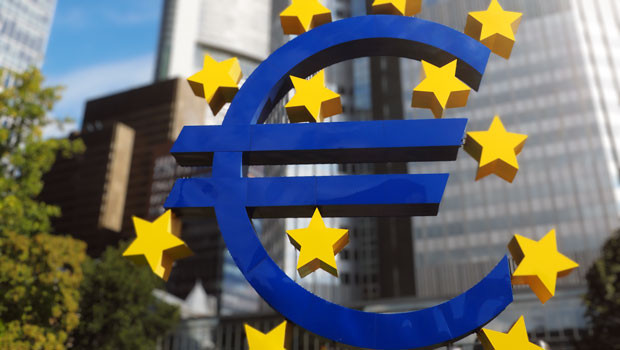Eurozone economy grows for first time since June 2022

The eurozone economy grew in January for the first time since June 2022, according to a survey released on Friday.
The S&P Global eurozone composite purchasing managers’ index rose to 50.3 from 49.3 in December. This was a touch ahead of the flash estimate of 50.2.
A reading above 50.0 indicates expansion, while a reading below signals contraction.
The composite PMI for France was revised up a touch to 49.1 from the initial estimate of 49.0, while the PMI for Germany was revised to 49.9 from 49.7.
The final eurozone services business activity increased to 50.8 in January from 49.8 a month earlier, hitting a six-month high.
Chris Williamson, chief business economist at S&P Global Market Intelligence, said: "A resumption of business output growth, even marginal, is welcome news and suggests that the eurozone could escape a recession.
"With price pressures down markedly in recent months, supply constraints easing and near-term energy market worries alleviated by subsidies, lower prices and a warm winter, business confidence has also lifted higher, adding to hopes that the upturn will gather steam in the coming months.
"However, it remains too early to completely disregard recession risks. In particular, the impact of higher interest rates on economic growth has yet to be fully felt, and many companies are relying on backlogs of previously placed orders, accumulated during the pandemic, to sustain growth. Demand growth needs to accelerate to drive a more robust upturn, and it is worrying in that respect to see new orders continue to fall in January."
Oxford Economics said: "At face value, the PMIs are pointing to modest activity growth at the start of Q1 following six months of contraction.
"However, the same way survey indicators exaggerated the extent of the downturn, we suspect they are now too optimistic on near-term growth. Indeed, we continue to expect a mild GDP contraction in Q1, amid underlying weakness in demand."